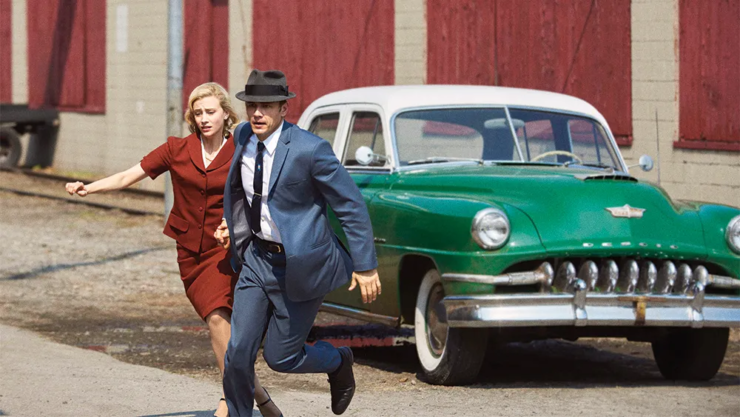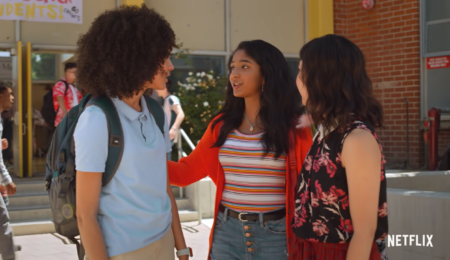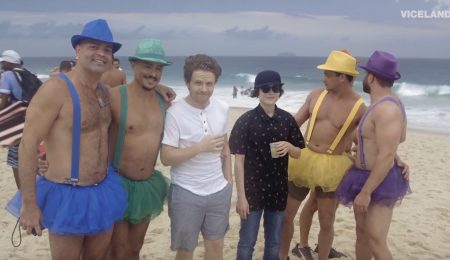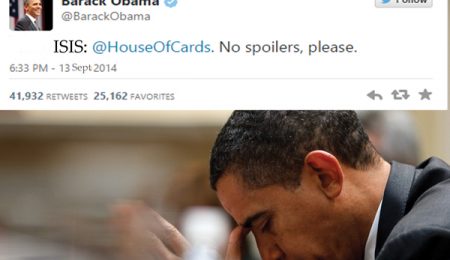A thought-provoking imagining of the world if we could change the past…and if we would really want to.
John F. Kennedy’s public and gory assassination in 1963 rocked the United States. A charismatic and eloquent leader, he was a beacon of hope for America during the Cold War. Though he sometimes failed to fulfill his idealistic rhetoric, he was the very picture of safety and youthful vigor Americans wanted to look up to.
The former US president’s alleged assassin, Lee Harvey Oswald, was shot dead before he could withstand trial. Though the FBI (U.S. Federal Bureau of Investigation) concluded that Oswald acted alone, JFK’s slaughter has continued to raise questions and fuel conspiracy theories over 60 years later; it has inspired thousands of books and visual entertainment media.
One such TV show is 11.22.63 — November 11, 1963, the date of JFK’s assassination. Released in 2016 and produced by J.J. Abrams, the eight-episode thriller is based on the 2011 novel of the same name by revered American author Stephen King. Some critics regard it as one of the best adaptations of the author’s works.
Jake Epping (James Franco) is an ordinary high-school teacher. In a startling turn of events, his old friend, Al (Chris Cooper), shows him how to travel back in time. Al entrusts Jake with a mission he is convinced will change the course of history, and the world: go back in time to prevent JFK’s assassination. Al insists events like the Vietnam War could have been avoided if JFK hadn’t been murdered.
Jake reluctantly obliges, only to find the past resistant to change; it “pushes back” as he attempts to make alterations, in a series of alarming and haunting occurrences.
The opening credits reflect this by creatively incorporating the concept of the “red string of fate” (make sure you watch the sequence through on the last episode!).
I love time travel (especially in films like Back to the Future). The show subtly explains how it works in this universe, and it makes sense. I also loved the 1960s aesthetic; the costumes fit the characters and their personalities extremely well, and I adored the stylish cars and the era-appropriate music.
According to Daniel Webber, who plays Lee Harvey Oswald, the show is historically accurate because it is faithful to the true events and the actual people it depicts. Racism, segregation, and sexism are effectively worked into the story, helping to paint a realistic picture of American society in the 1960s.
The cinematography was captivating, and the camera movements helped to convey the physical impacts and the intensity of the scenes (falling and car chases, for instance). The show was mainly filmed in Toronto, but key sites in Dallas, Texas were shut down to recreate the events of the assassination where they really unfolded, an eerie experience for the cast.
The acting was exceptional. I found myself gasping in shock and snickering at the cleverly written dialogue and its delivery every few minutes. The characters were all multi-dimensional, surprising us with their secrets and sometimes ulterior motives. The show was unpredictable, keeping me engaged until the very end.
Jake is a solid protagonist, making rational and informed decisions. I was able to relate to his reeling shock and wonder at the world in the 1960s, as opposed to modern times. His constant desire to help others leads him to grapple with moral dilemmas and his own physical limits; his character feels human and we are compelled to sympathize with him.
I enjoyed watching Franco on-screen. His eyes were his biggest asset for portraying complicated and conflicting emotions.
Franco’s chemistry with Sarah Gadon was remarkable. The latter delivers a graceful and convincing performance as Sadie Dunhill, the female lead in the show. Fiercely independent, she stands up for herself and refuses to be shielded from danger, facing it head-on. Though some of her decisions were questionable, I liked her character and was rooting for her and Jake.
The initial glorification of JFK was confusing to me. A notorious philanderer, I didn’t understand why the show was treating him like the magical solution to humanity’s problems. However, the former president’s moral weaknesses do eventually get touched upon, and the change his survival would have spurred is re-examined.
This time-travelling thriller, with a touch of romance, was a masterclass for tearing the rug out from under the audience’s feet and building suspense. I positively sobbed as the show drew to a close; having embarked on this journey alongside the characters, the full force of the ending hit me like a truck.
Then again, I’m glad it ended when it did. The story had been nuanced and deliberately paced, and our questions were answered. It was a thought-provoking imagining of the world if we could change the past…and if we would really want to.
11.22.63 is a thoroughly entertaining and perfectly executed miniseries that merits more recognition. It’s available on Amazon Prime Video now – I hope you’ll give it a chance.







